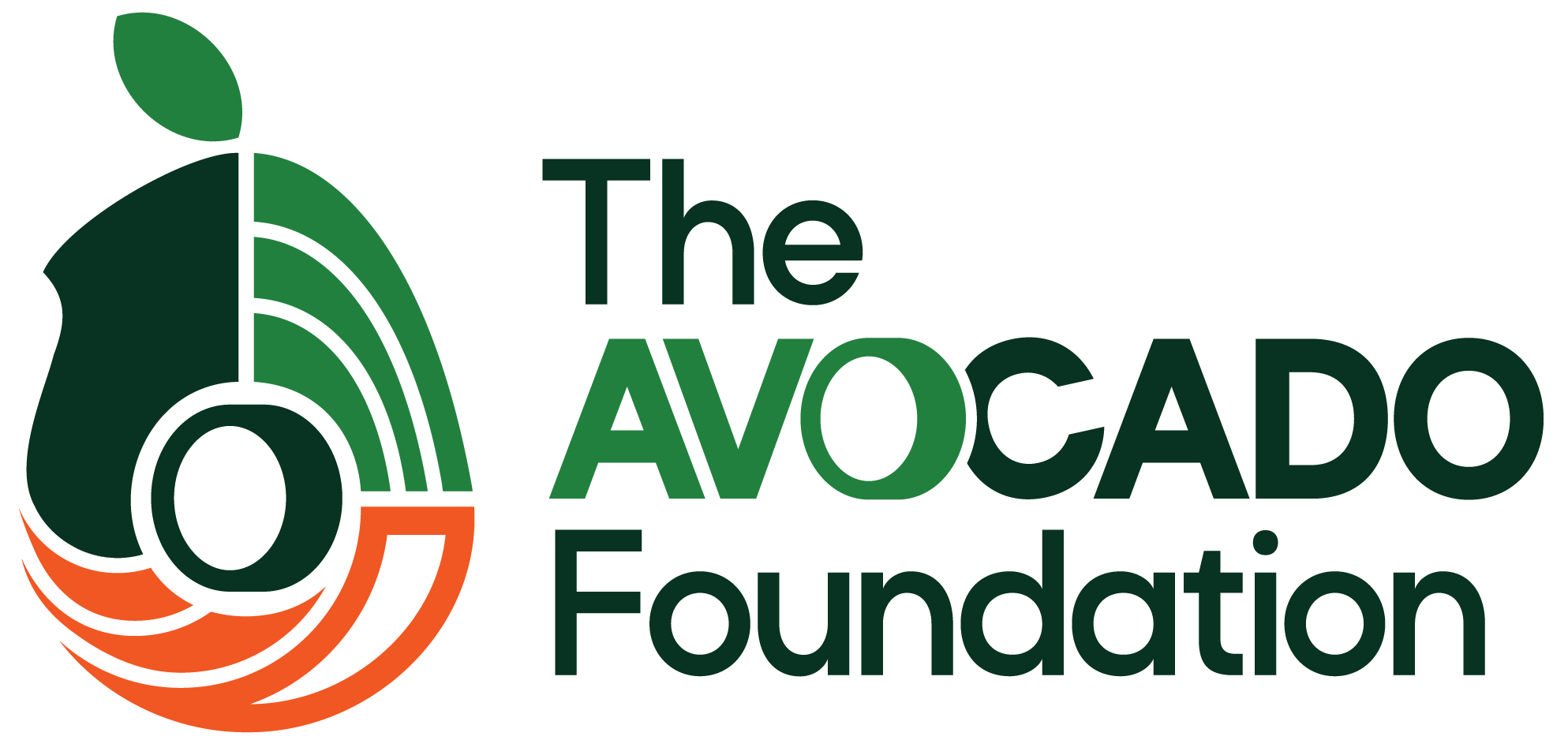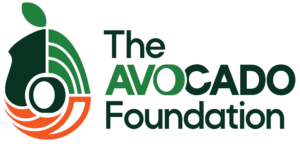The UK is facing a cost of living crisis that affects millions of people across the country. With rising prices for essential goods and services, many families are struggling to make ends meet. Charities, non-profits, and social impact organisations are not immune to the impacts of the crisis, and Black, Asian, multi-ethnic and refugee (BAMER)-led non-profits are experiencing an even greater burden due to systemic inequalities exacerbated by the pandemic and Brexit.
The situation is critical. Urgent action is needed to support organisations that provide vital services. So far, the lack of specific concern and consideration for BAMER-led organisations’ experiences has been disconcerting, to say the least. It is imperative that we now acknowledge and address the unique challenges that BAMER-led non-profits face, and develop innovative solutions that centre their needs and the needs of communities they serve.
To better understand the impact of the cost-of-living crisis on BAMER-led non-profits and imagine solutions, Money4YOU, with the support of The Good Trouble, undertook a temperature-check survey. The results should serve as a call for UK funders and donors to increase their support for BAMER-led organisations, acknowledging the indispensable contribution they make towards creating a more equitable and just society for all, and the increased burden they carry in times of (perma)crisis.
The way the voluntary sector operates now is not sustainable. In this report, we explore potential solutions and highlight the crucial role that collaborative efforts and innovative thinking can play in supporting BAMER-led nonprofits to address the cost-of-living crisis. Our results highlight the urgent need for support and for ‘care-full’ solutions tailored to their needs.We released a short, online questionnaire to members of Money4YOU’s BAMER HUB and gathered insights from 54 self-identified BAMER-led non-profits in 72 hours. The results highlighted here reflect the first 54 respondents, but our survey remains live.ple” Over 96% of BAMER-led non-profits reported that the present cost-of-living crisis has affected their organisation’s ability to achieve its mission. 91% said they have had to reduce or cut their services and programmes and 83.3% said they have had to reduce staff hours or make redundancies due to financial pressures in the past year. 98.3% said they have had to seek additional funds, explore other revenue streams, or borrow money to cover expenses in the past year. One respondent to our survey puts it simply: this is a time when we need more programmes and community support, yet the very organisations who are best positioned to provide it within our communities are having to reduce or cut what they do. We’re talking about organisations that are deeply rooted and understand the unique needs and challenges faced by the people they support: reduced services will mean many community members lack access to critical resources and support. It is essential that we recognise the importance of these organisations and the vital role they play in supporting our communities by investing in their sustainability and growth.BAMER-led non-profits play a critical role in addressing socioeconomic inequalities. They often work with vulnerable and marginalised communities and individuals who are already disproportionately affected by poverty, discrimination, and other systemic issues.
The historic lack of robust financial support for such organisations in the UK means they often struggle to sustain services and programmes in times of crisis. It is a direct result of a long history of oppression, marginalisation, and discrimination faced by our communities. The cost-of-living crisis only serves to compound these issues. We urgently need structural change and a re-examination of the way resources are accessed, distributed, and allocated.
The deepening financial pressure will only be solved by investment. Funders, donors, and policymakers need to adopt participatory models that prioritise the needs and interests of BAMER-led non-profits. That means providing flexible funding that allows for long-term planning and investment and developing other alternative funding models.
Our survey reveals an urgent need for collaborative and innovative approaches to address the challenges faced by BAMER-led non-profits. We must foster more partnerships and networks between organisations, including those from different sectors and communities. We know that shared resources, skills, and knowledge, and joint projects and initiatives, can have a greater impact than individual efforts. In the face of permacrisis, with the needs of our communities rapidly evolving and deepening, the work of creating a better future requires a change in strategies, skills, and conversations.
We recommend a care-full, multipronged approach that prioritises innovation, creativity, collaboration, experimentation, and risk-taking. It involves developing flexible funding models that allow for long-term planning and investment, as well as building networks of support and mentorship to share ideas and best practices. In addition, we advocate for the cultivation of diverse and inclusive leadership that reflects the communities BAMER-led non-profits serve, and for the adoption of innovative technologies and digital tools to enhance efficiency and reach. The changes will require a paradigm shift in how we approach social change and impact so that we prioritise the voices and needs of historically marginalised communities.We must create a more supportive environment for social innovators, with a culture that enables long-term planning and investment and promotes care and empathy. Responses to the short-term need must also recognise the centrality of long-term investments in the groups and networks who are driving meaningful social change. The results of our temperature-check go some way towards demonstrate that investing in such groups means going beyond simply tweaking current systems and services. Instead, we must invest in, and nurture collaborations between, those who are committed to dismantling systemic inequalities and creating a new vision for what a just and equitable society could look like. Greater and more accessible funding to BAMER-led nonprofits will support strategies that are specific to their needs, and which can deliver long-term positive impact for the communities they serve.
We especially call on the funders and investors who purport to challenge the status quo and to address the root causes of social and economic disparities to prioritise facilitating and building those collaborations. Capacity building and training programmes for BAMER-led non-profits, which enhance their skills, knowledge, and confidence to innovate and adapt to changing circumstances, are a priority area for investment to address systemic inequalities. It is imperative, however, that investors and funders seeking to truly address systemic issues design funding models and investment routes with care and flexibility to make them attractive and accessible to BAMER-led organisations. Our findings highlight the urgent need for increased support and investment in BAMER-led non-profits in the UK. The data indicate that the cost-of-living crisis has struck a severe blow to the very organisations best-placed to provide services and programmes to marginalised communities.
We need an integrative approach to the voluntary sector. In ecology, the word ‘integrative’ refers to ecosystems’ interconnectedness and interdependence. Integration allows the ecosystem to function as a cohesive whole, with each element playing an integral role. By analogy, investing in capacity building and training programmes can empower BAMER-led non-profits to develop the skills and knowledge necessary to innovate and adapt to changing circumstances. Additionally, a robust response to calls for greater transparency and accountability within institutions that uphold power imbalances can start to shift paradigms in a wider context.
Our collective efforts must strive towards inclusive and just futures in which the contributions of all, especially those who have been marginalised and underrepresented, are recognised, valued, and equitably resourced. In the depths of the cost-of-living crisis, there is an opportunity for funders, investors, and policymakers to act.Here’s our overview report and here’s a longer version of our full report. The term ‘BAMER-led’ incorporates Black, Asian, multi-ethnic and refugee led organisations. It is important to note that we recognise that the term ‘BAMER’ is not without its limitations and requires constant review and refinement as we continue to strive towards more inclusive and accurate language. The respondents to this survey have self-identified as ‘BAMER-led’.

